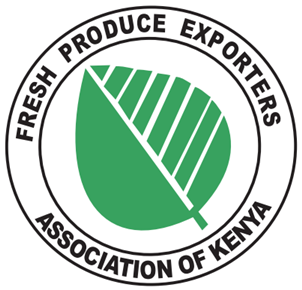- November 11, 2020
- Posted by: admin
- Category: Uncategorized
Kenya has huge potential for avocado production from both small scale and large scale farmers. Kenya is the world’s third largest producer of avocados. It’s also Kenya’s leading fruit export, accounting for nearly one-fifth of its total horticultural exports.
Kenya ranked 8th globally (2.1% of market share) in 2019 in export of avocados shipping out 59,000 tons with annual value of Ksh 10.6 Billion, behind Mexico, Netherlands, Peru, Spain, Chile, Colombia and the United States. Among the top exporters, the fastest-growing avocados exporters since 2015 were: Colombia (up 1,607%), Dominican Republic (up 424.2%), Morocco (up 206.6%) and Kenya (up 161.5%). In 2020, up to end of October we have exported 68,000 tons valued at Ksh. 14 Billion.
Our Avocados are grown naturally in the most ideal conditions in the world right on the equator. Thus they require very little crop protection, making them mostly organically grown and produced. Kenya’s equatorial climate allows it to produce avocado throughout the year. The main season for Kenya’s avocados is February to October. The Fuerte is available from February and Hass variety being available from March. 70% of the avocados are grown by smallholder farmers who have 5-20 trees per homestead, 20% by medium scale farmers who have over 100 trees and 10% by large commercial plantations which have 10 hectares or more in production. Starting 11th November, we will close the avocado export season until February 2021.
The key to our success is in the use of the latest technology, availability of technical training and easier access to markets. To enhance the quality of our produce, industry associations and other players have trained and supported producers and exporters on requirements for international accreditations on food safety and traceability.
Customers want to understand the sustainability credentials of the food they are consuming. The scope now covers areas of workers’ rights, pesticides use, carbon miles, water use efficiency among others. This is the global challenge of the 21st century for every country, and Kenya is no exception.
We are committed to addressing these challenges. We have effective oversight bodies to ensure that Kenyan producers are fully compliant with these requirements. We are also working with international regulation bodies to ensure our standards are aligned to the requirements.
The case against Kakuzi, which has made headlines has affected the Kenya’s entire Avocado industry. Kakuzi holds various voluntary internationally recognized certifications including; Rainforest Alliance, SMETA, Global GAP, Food Safety System Certification 22000, Tesco Nurture and Kosher for Macadamia nuts
We wish to announce here that investigation into these allegations is well underway by both the IG and the Muranga County Assembly. We therefore request that all players – local and international – cooperate fully with the investigating authorities. It is also important that we allow the Kenyan Judicial System to freely undertake these investigations so that justice is done, and perpetrators, if any are prosecuted.
We equally urge any party or person with a claim against any company in the horticulture industry, to report to the nearest police station. Unsubstantiated allegations do not serve the interest of the industry.
The Horticulture industry in Kenya is committed to stand up for the key principles of ethical business and Human Rights as laid down by the United Nations and espoused by Kenya.
…………….. END …………………..

